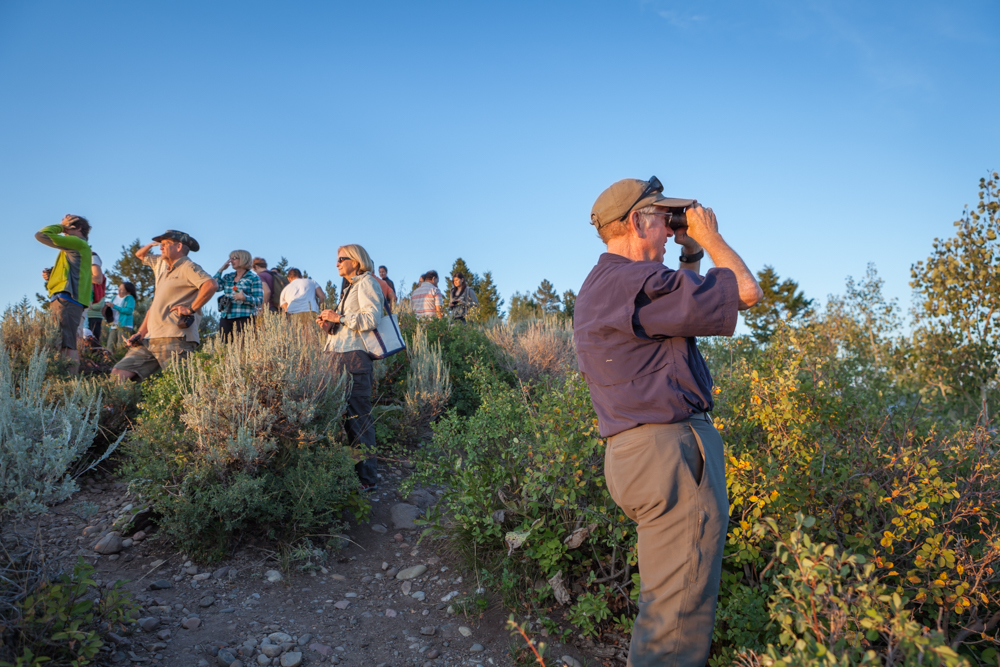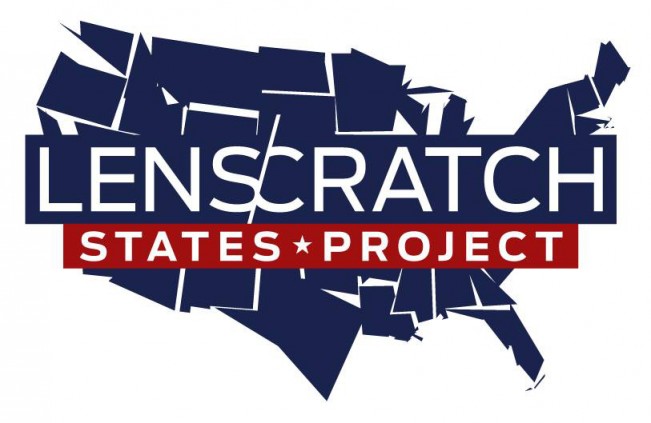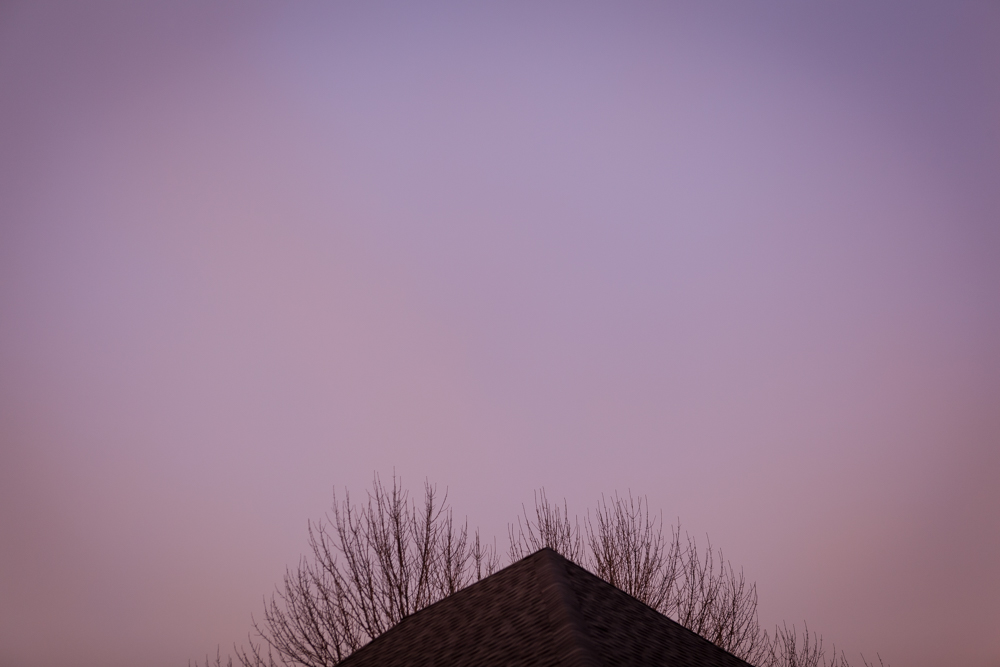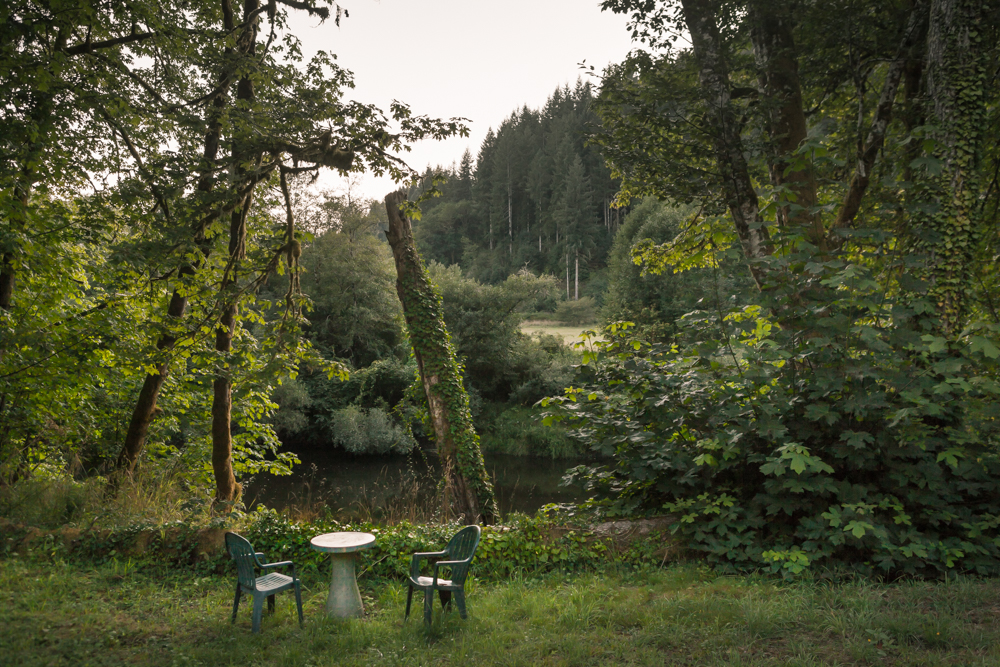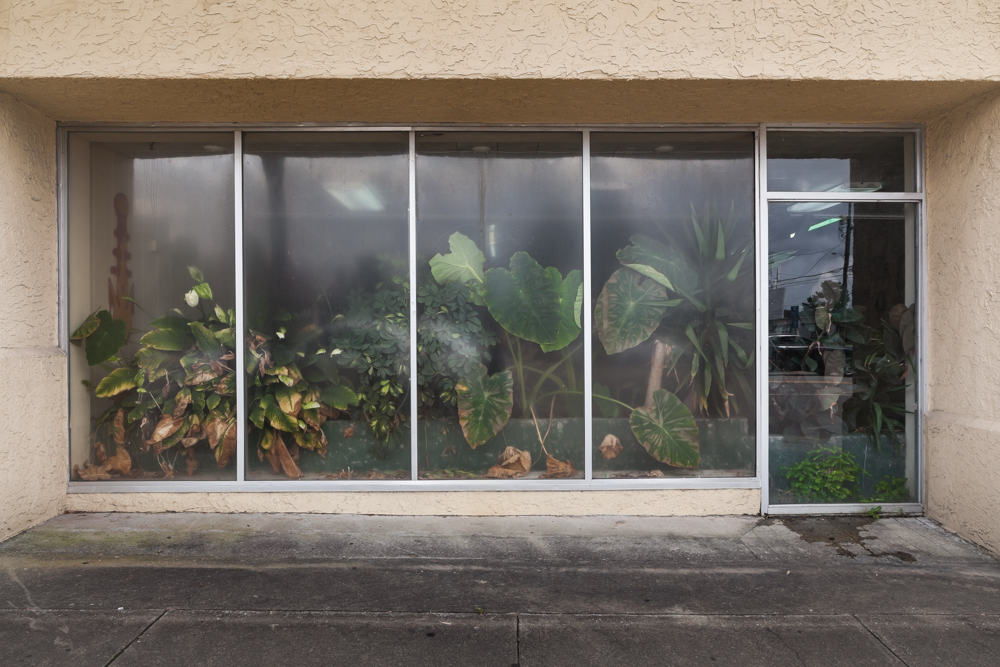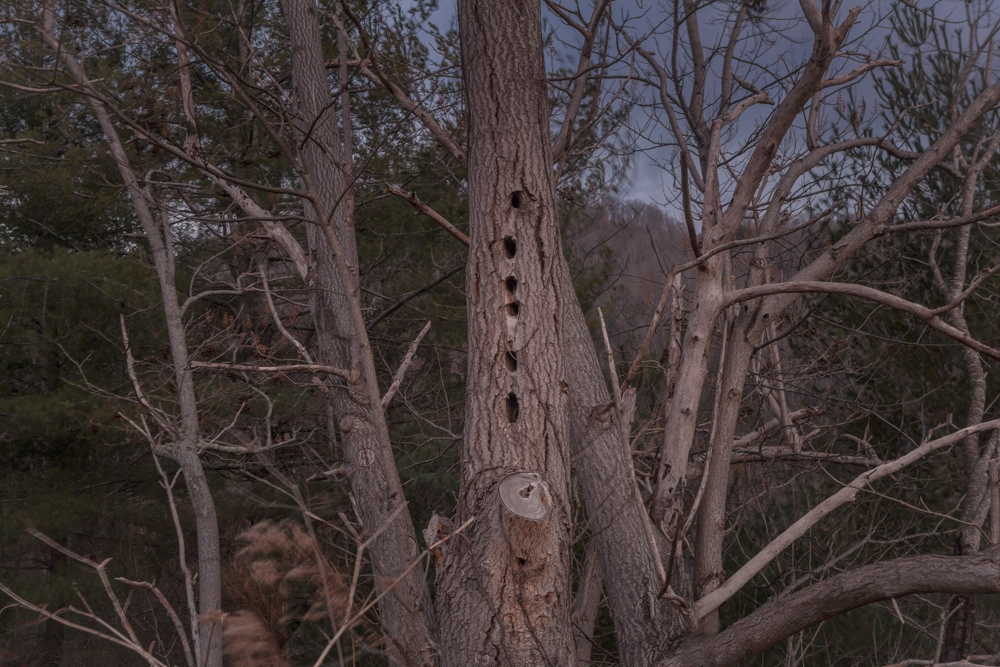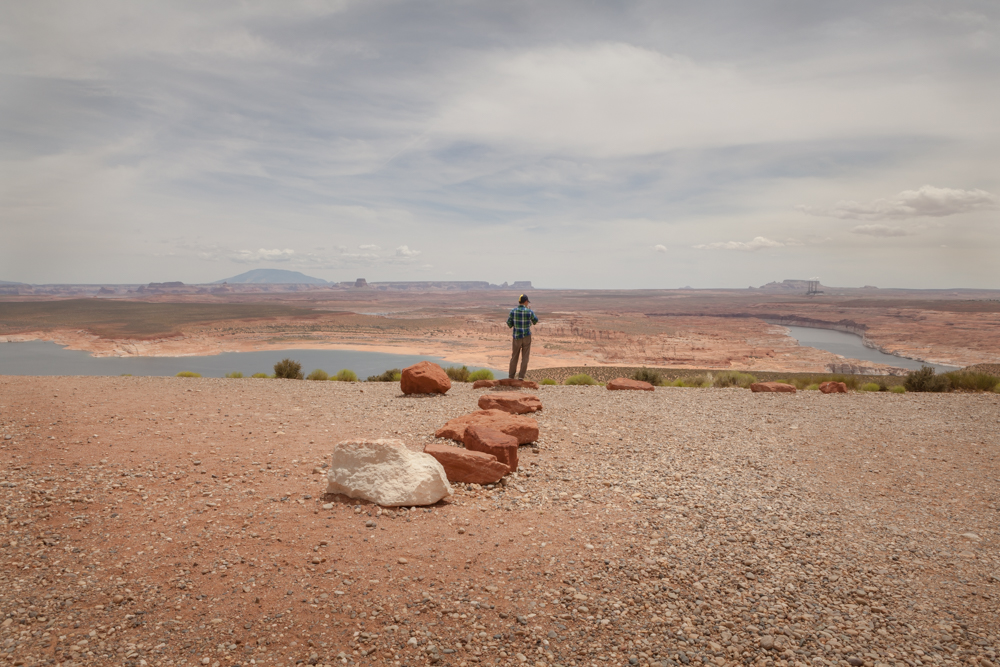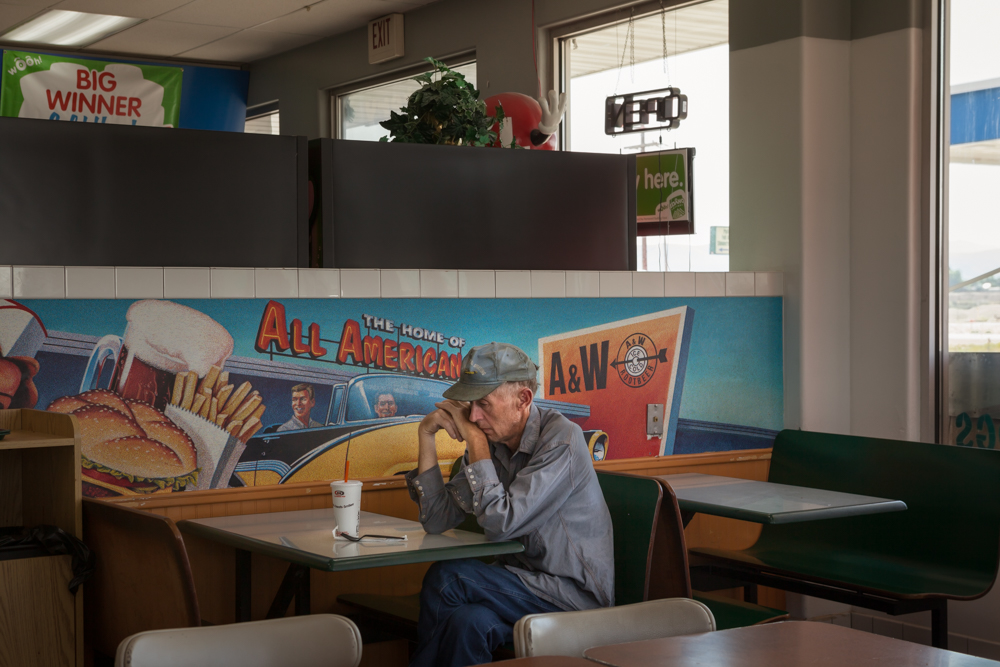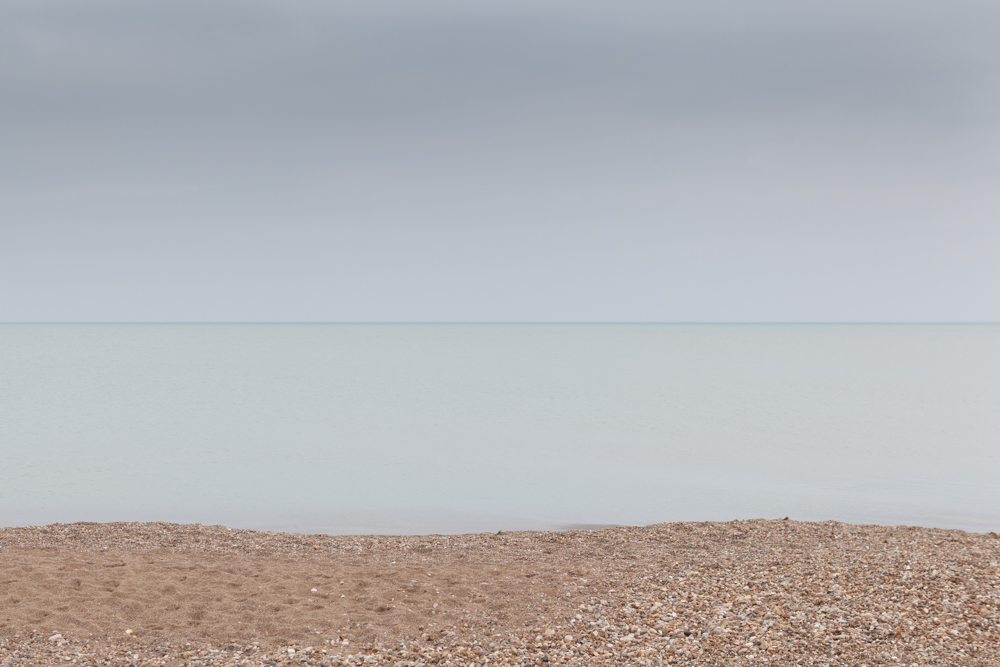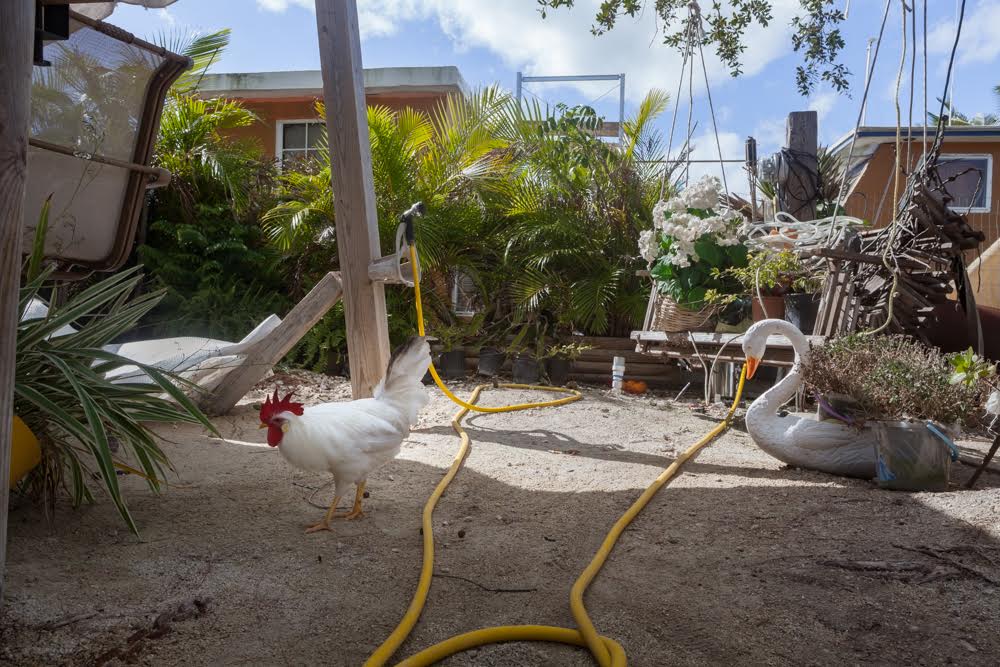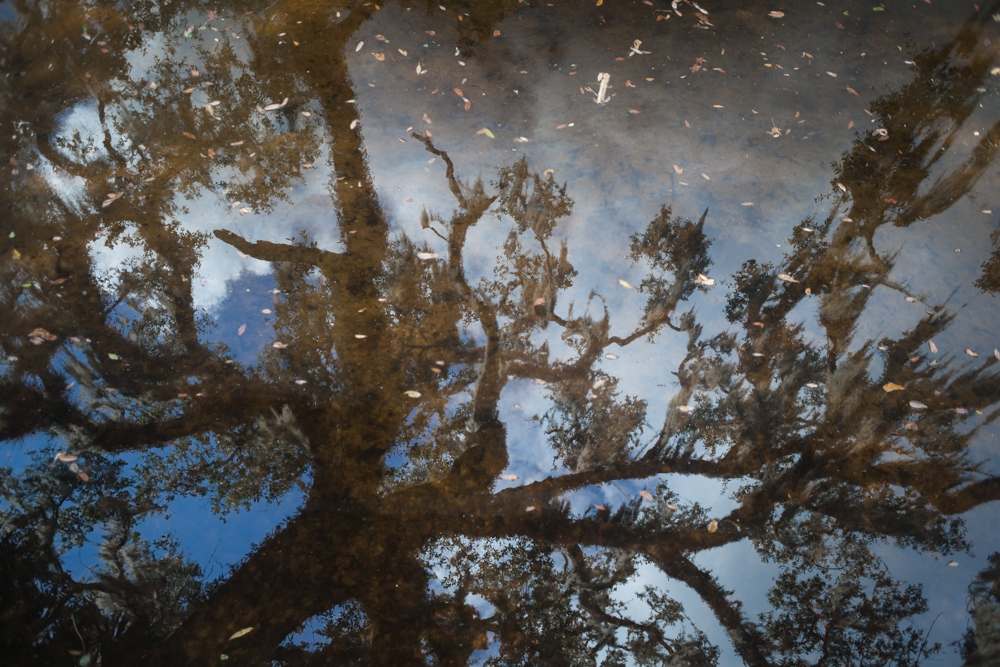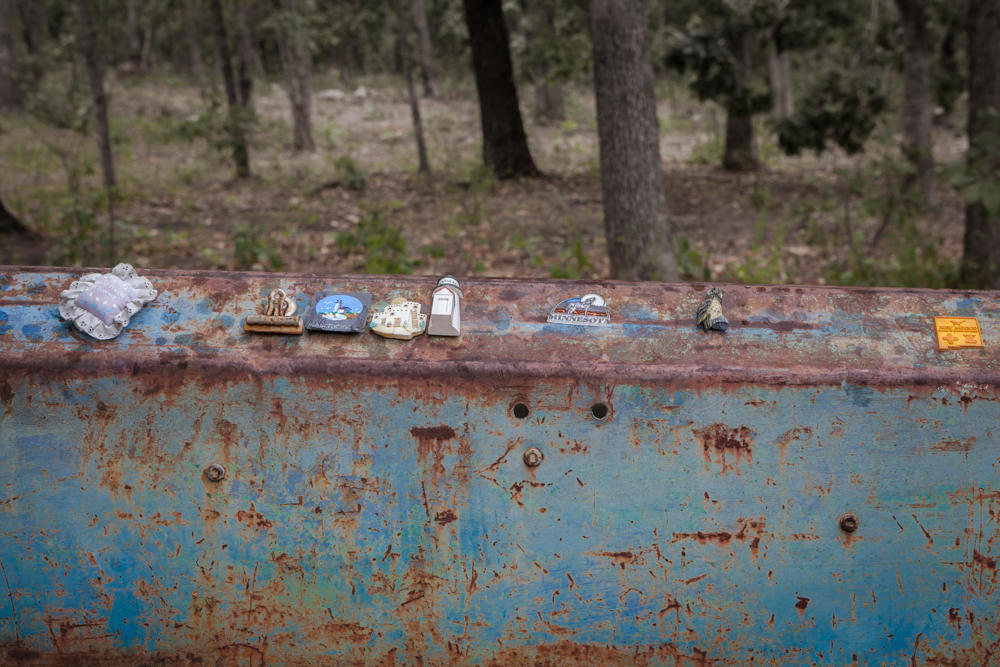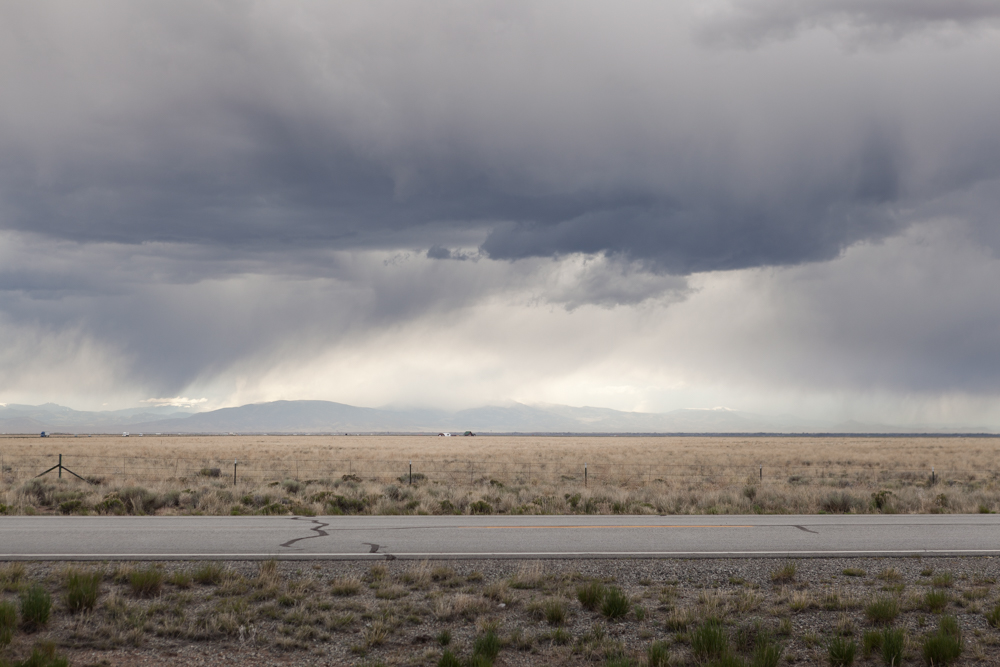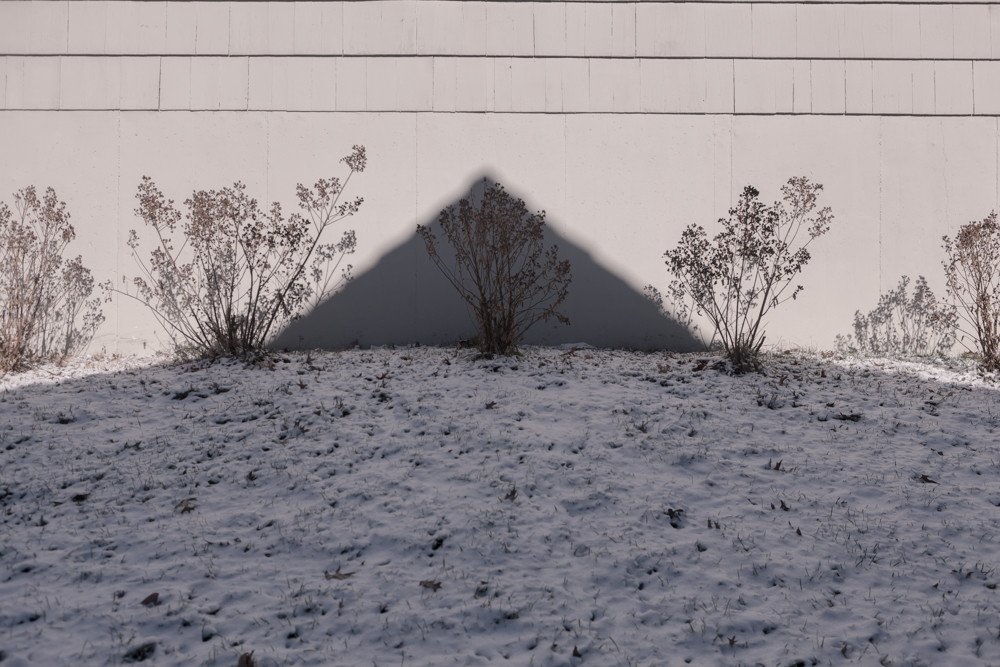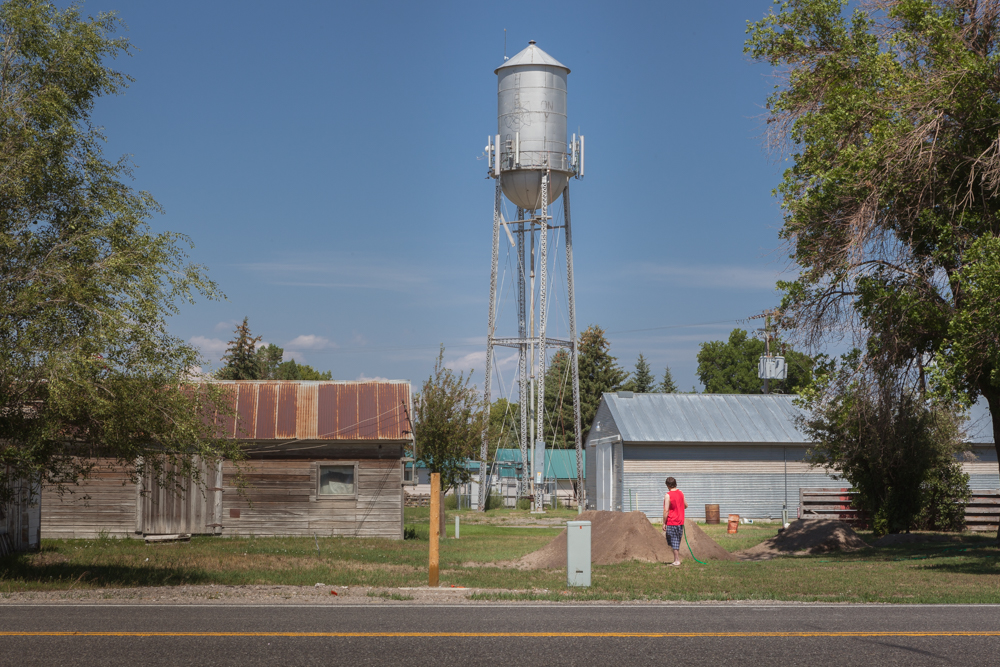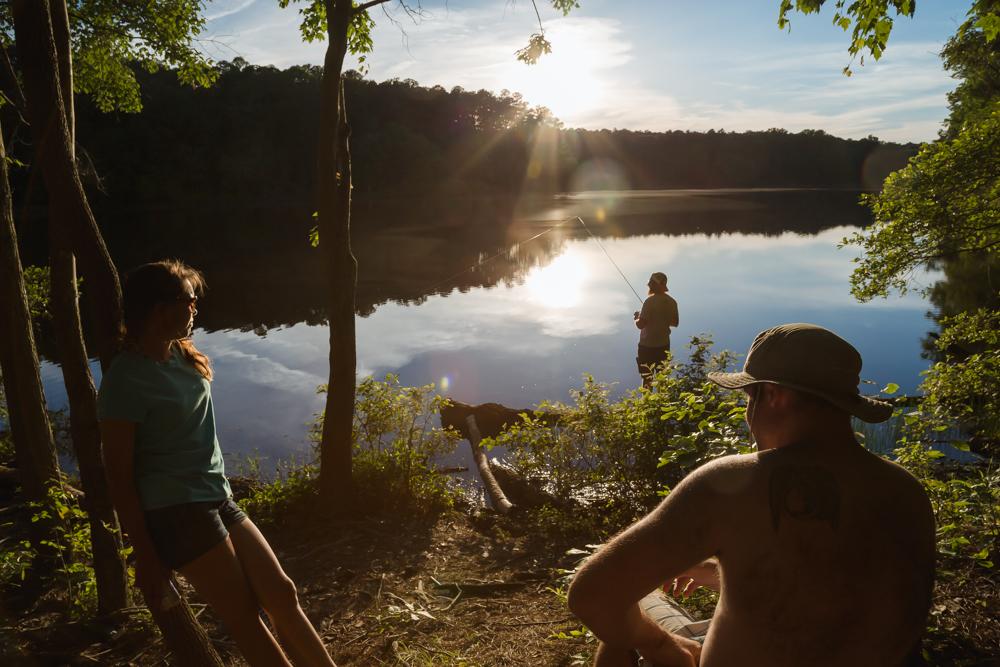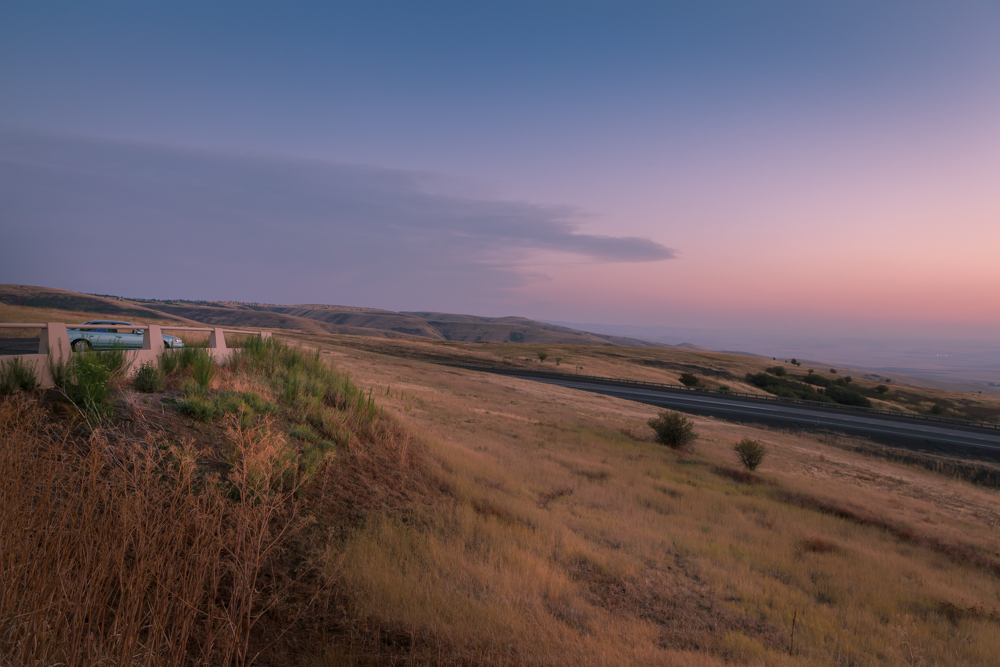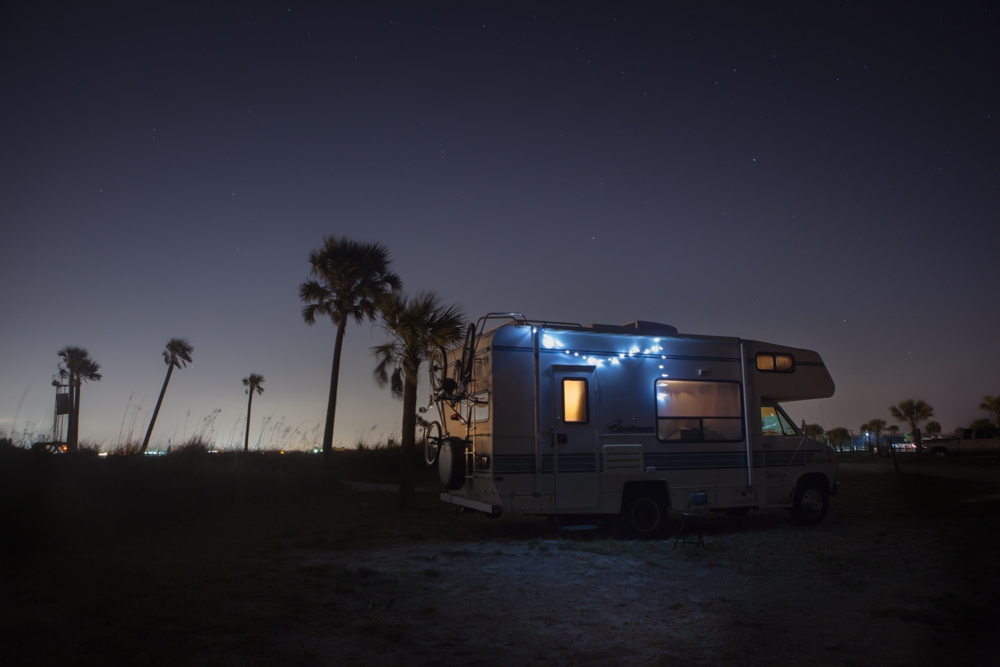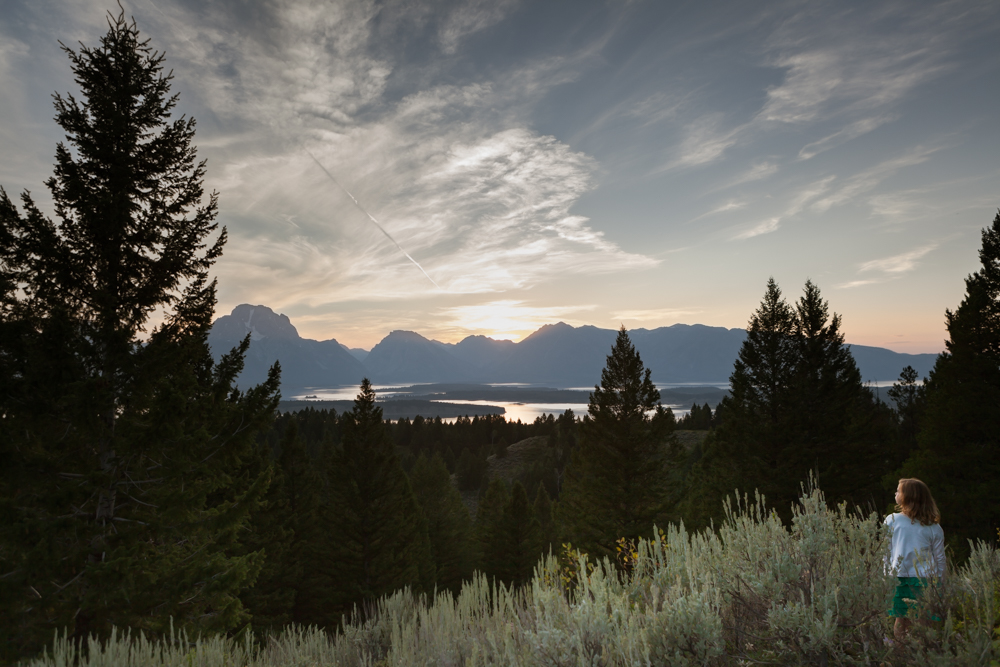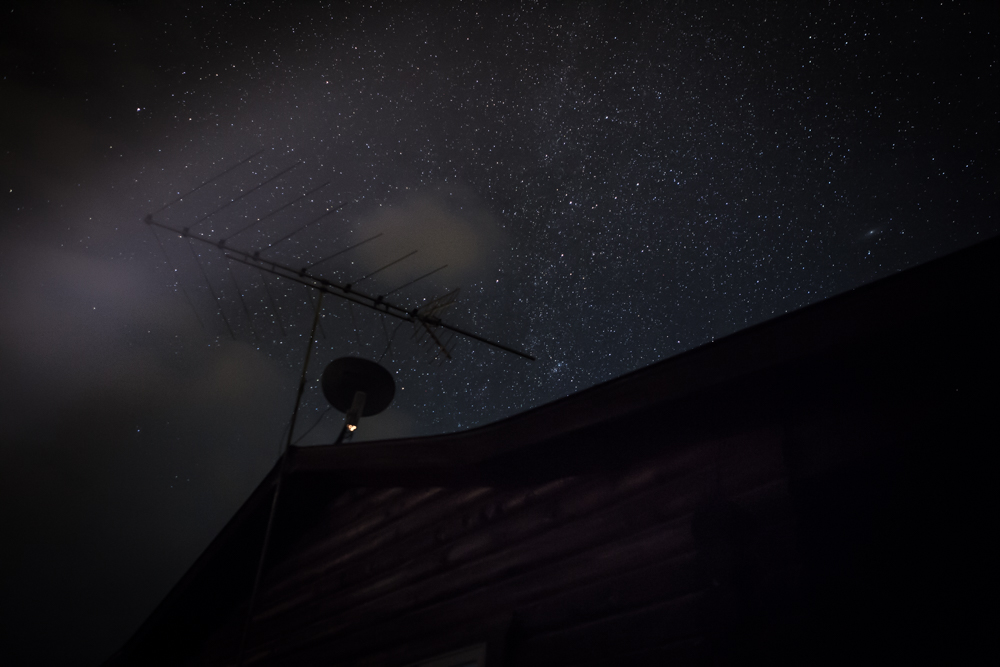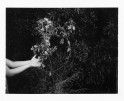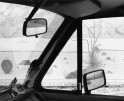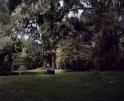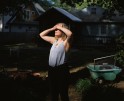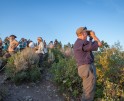Tracy Fish: The States Project: South Carolina
I first met Tracy Fish on a muggy evening in Conway, SC sitting on a screened in porch sipping a glass of whiskey. There was a long table full of folks, carousing and cracking jokes, and Tracy was one among them. The thing I remember most that night were her stories and her unending sense of humor and lightness. She is not just a woman in her own right—commanding a presence with her voice and wit, but a talented photographer who uses her camera to share these visual yarns from the road.
When the Road Seeks sets us in the midst of a short story with each image we read. We open our eyes and we feel the atmosphere, curiosity, the romanticized history of the landscape, solitude, and slight quirkiness that is part of the multi-faceted country in which we live.
Tracy Fish, born and raised in Brooklyn, N.Y., received her MFA in Experimental and Documentary Arts from Duke University ‘15 and her BA in Art Studio from Coastal Carolina University ‘12. She recently accepted a position as an Assistant Professor of Photography at the University of Nevada, Reno. Moving away from the city environment she grew up in and traveling across the country became a catalyst in exploring themes of place and memory in her work through a variety of mediums including photography, audio and experimental videography.
Fish has won various awards and has exhibited both nationally and internationally. She was featured on Oxford American’s: Eyes on the South for her book “Chasing the Paper Canoe” in collaboration with photographer Tim Hodge.
During her graduate career she worked as a Teaching Assistant at Duke University as well as a Gallery Assistant for the Power Plant Gallery in Durham, N.C.
When the Road Seeks
Since 2012, Fish has traveled the road for various lengths of time across the United States, using the camera as a way to mediate the definition of place in relationship to the self. The selected images from “When the Road Seeks (2012-On Going),” was a way of negotiating this personal experience during a time of uncertainty and longing for exploration.
We all might—during a moment in ones life, come to a period when we are searching and seeking out a form of clarity. The resulting photographs are a representation of this ever-evolving journey for the photographer in both the literal and psychological sense through the mode of observation. The road has acted as a surrogate home during this period of investigation shaped by both shared encounters and temporal engagements with the land. This work in meant to invite the viewer along this meditative journey formed through experience, people and the land.
When the Road Seeks began as a search for a new home in the most literal sense. Being born and raised in NYC then leaving for the first time, revealed the self-contained environment the city held for the photographer. Her travels exposed her both the expansiveness of the U.S. and a sense of unity she felt across the transformative landscapes. In the beginning these locations felt disparate from the urban spaces she grew up in, yet time soon provided spaces of comfort and solitude.
Home…
Is where one starts from…
We shall not cease from exploration
and at the end of all our exploring
Will be to arrive where we started
And know the place for the first time.
excerpt from T.S. Eliot’s ‘Four Quartets’
There is a longstanding tradition of photographers who take to the road, using their cameras as a means of exploration and self -discovery, where do you see yourself and your work in this cannon of imagery?
Initially I resisted the idea of my imagery falling into the category of the open road until I understood the core values of my work. The first time I began traveling I was living with my partner in an RV, trying to figure out what I was doing with my life post-undergrad. I would soon begin grad school, yet still found myself lured in by the experiences the road gifted me as I sought out unresolved answers.
The vernacular of the road in this medium is extensive. There is no doubt in my mind that it has serviced not just photographers, but artists, writers, travelers alike, as a device for searching. The differences for all of us in our work, resides in the questions being asked and how they are being answered through the visual. That is what distinguishes the extensive cannon of imagery as the road operates as this unavoidable thread. When I first started exploring I limited my view to thinking it had to be about Americana, the people and its values. I think of Robert Frank, Stephen Shore, Joel Sternfeld, the list goes on. It was never my intentions to have my work follow in their footsteps and was mindful of the content while documenting. I was considerate of those works that came before me, but so often they came from the male perspective. For many reasons this completely informs a different experience. In the end, the road could be anywhere. For me, it happens to be in the U.S., which already has this vastly documented history within photography. When the Road Seeks certainly functions introspectively and despite some visual symbols we associate with America in photography occasionally appearing, it is inevitable of the place I am documenting, but certainly not the foundation.
Your work feels very quiet and contemplative, can you speak to this? What are you hoping your audience takes away from this experience?
Growing up in Brooklyn I was taught to have an acute awareness of space. Only recently I’ve realized how much this influenced my observations. I meander through landscapes (populated or not) assessing and examining down to the smallest detail, waiting for an internalized response when I come across a specific composition. As an outsider I strive to better understand the locations I am in as there are no previous connections other than the sometimes-brief experiences shared along my travels. Everything is new. The quiet and contemplative response is essentially a projection of how I feel in that moment; seeking out answers to the questions I have using the camera. There is always a reason for the places and people documented. Sometimes I see myself in the images I photograph, particularly when I watch and listen how other transients interact within the landscape. Other times it’s merely just a document of these spaces along my journey. The road itself provides more than its fair share of time for an individual to enter this introspective headspace. To briefly connect back to the previous question, I think many might be drawn to this motive of exploration and self-discovery for this reason. My photographs are reflections that I hope the viewer can explore, perhaps inviting them to observe in a more meditative way.
Tell us a story.
Many micro instances occur through out my travels that function as reminder that deep, deep down I am still a New Yorker no matter how far I go.
We once stayed in a boatyard in Key Largo that was advertised as a campsite. I remember pulling up to the gate, looking at my partner with one of those looks that doesn’t need words but very clearly expresses “What did you get us into now”? There were rows of boats and RV’s being stored for the winter season and the owner was nowhere in sight. It was seemingly deserted until out of nowhere a white rooster came out from behind one of the boats. It began following us around while we were on the phone trying to contact the owner. I would eventually learn the rooster’s name, Mr. Pollo, who kindly served as our morning alarm. His siblings, a turtle, dog, pig, two cats and a miniature horse all lived across the boatyard. The owner was certainly eclectic and expressed to us that every time she felt depressed a new animal would join their family.
One morning my partner was cooking breakfast while I was changing inside the RV. When opening the door, Mr. Pollo snuck past him and bolted inside. I began jumping around in my towel, hands flailing in the air out of shock, much like Mr. Pollo’s wings, which were sending white feathers across our small space. He wanted to find his way back out just as much as I wanted him to leave. After a few minutes of chaos with a very angry rooster, we managed to get him out unharmed. Ultimately he still hung out around our RV especially during meals. We did come to a friendly mutual understanding that he was to remain outside with the rest of his siblings during the reminder of our stay at the site. It was clear my experience with farm animals needed improvement.
Which state, so far, was the most unexpected in terms of your preconceived notions?
I wasn’t prepared for the landscapes beyond the east coast. My ideas of both the Midwest and West were rooted in visuals that I’ve grown up experiencing through other photographers or films. When I was younger, I always watched the Wizard of Oz and like many, expected Kansas to be desolate and flat. The Flint Hill region, comprised of miles of rolling tallgrass prairie removed any stereotype of the landscape that remained in my mind. Heading further through Western KS, the terrain transformed into the cliché yet I found it the most satisfying.
Growing up in Brooklyn, the only way I felt that expansiveness was by looking out the 6’x6’ high-rise window in my room. Even that had its restrictions with a vertical structure obscuring the view behind it. For the first time I could see without limitations. There were times a storm or dust devil that formed felt so close because there was nothing in between to signify the distance. It’s an uneasy feeling heading the direction of something in the visible stretch of highway that you never reach. My sense of perspective and scale completely evolved the longer I stayed on the road.
Favorite road snack?
Hawaiian Sweet Rolls with turkey and cheese or puppy chow for general snacking.
Posts on Lenscratch may not be reproduced without the permission of the Lenscratch staff and the photographer.
Recommended
-
Jen Ervin: The States Project: South CarolinaJuly 22nd, 2017
-
Michelle Van Parys: The States Project: South CarolinaJuly 21st, 2017
-
John Lusk Hathaway: The States Project: South CarolinaJuly 20th, 2017
-
Ashley Kauschinger: The States Project: South CarolinaJuly 19th, 2017
-
Tracy Fish: The States Project: South CarolinaJuly 18th, 2017

